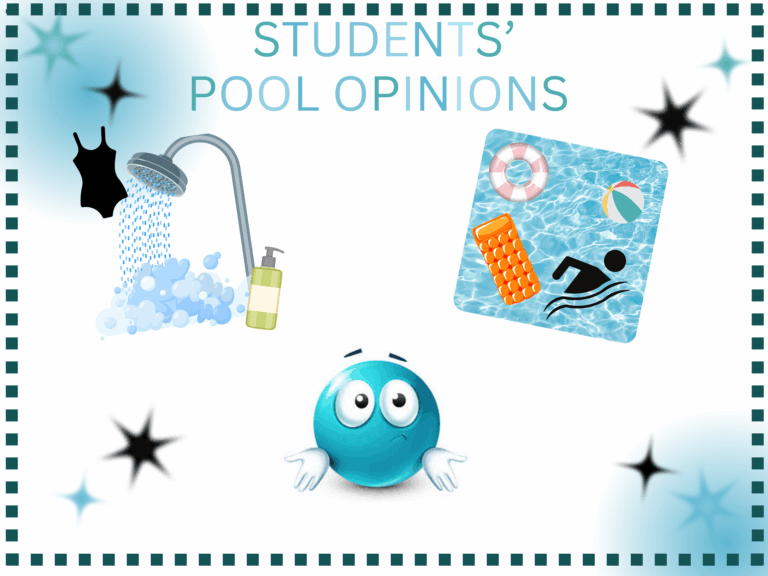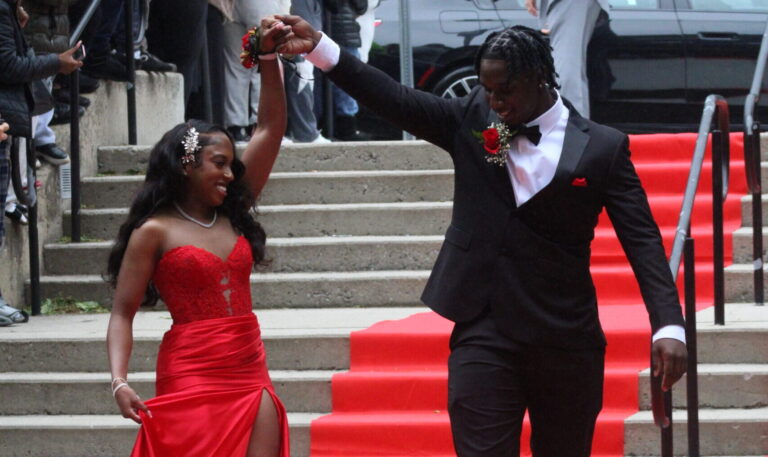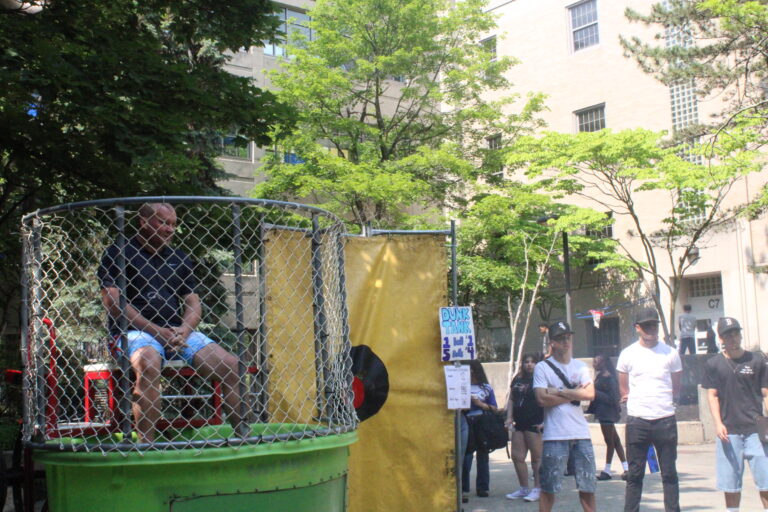“Smoke gunpowder and go to school to jump through hoops, sit up and beg, and roll over on command. Listen to the whispers that curl into your head at night, calling you ugly and fat and stupid and b*tch and wh*re and worst of all, ‘a disappointment.’ Puke and starve and cut and drink because you don’t want to feel any of this. Puke and starve and drink and cut because you need the anesthetic and it works. For a while. But then the anesthetic turns into poison and by then it’s too late because you are mainlining it now, straight into your soul. It is rotting you and you can’t stop.”
So writes accomplished author Laurie Halse Anderson in her 2009 novel Wintergirls, chronicling the daily struggles of a teenage girl suffering from a devastating case of anorexia. Few could argue against her ability to craft a near-perfect piece of literature; she spins startling webs of metaphors and imagery easier than breathing, bringing to light the very real pain those with eating disorders live every day.
If I told you this book, and a hundred more just like it, sit between The Fault in Our Stars and the Twilight series on any standard book shelf, would the passage above be any less worthy of this praise?
When I tell people I want to write young adult literature, they look at me, pityingly; “What, like Twilight?” they respond disbelievingly. “Like John Green?”
(Actually, no, like me. But that’s beside the point.)
This one’s the best: “But, you’re such a good writer, why would you waste your talents on those kinds of books? You should write for adults!”
First of all, I will go to my grave defending John Green’s choices as a writer, and will (like the author himself) admit his flaws without argument: his male protagonists are interchangeable, his metaphors are, at times, forced, and The Fault in Our Stars is, while not the messy, manipulative epitome of the “sick lit” genre its detractors make it out to be, is not his best work. But that doesn’t take away from his overall skills as a writer; if you want to read a good John Green book, go read Looking for Alaska or An Abundance of Katherines.
As for Twilight, I’ve read them; we all read them. And they’re fun. I’ll go as far as saying that Stephenie Meyer has the potential to author good romance novels, which is a controversial niche genre itself (See 50 Shades of Grey.)
I’ve studied language and literature, both in school and in my own personal reading selections, for years. I also didn’t read very much YA lit in middle school; I went through this inexplicable pro-adult fiction phase where I would only pick up books on the “Recommended by the Staff” table at the front of Borders Books&Music, a store which went out of business around the same time I started to make my own reading decisions. I know good writing when I see it, and it bothers me to hear some of the best books I’ve encountered be written off simply because of the target audience age printed in miniscule letters on the bottom of the back cover. The only noticable difference I’ve observed between the stacks of adult fiction novels and young adult (YA) novels I’ve sifted through over the years are length, age of main character, and in some cases, vocabulary. Also, the YA novels that I’ve personally encountered tend to be braver in a literary sense: creative structures, poetic language, heavy reliance on anaphoric statements. I’m sure that this exists in straightforward adult literature, but I’ve never seen it myself.
But what I notice is unique about YA books is the difference between the target audience and the actual people who read them. Instead of hysterical thirteen-year-old girls obsessed with vampires and dystopic societies, I see the neglected, the ignored, the empathetic of all ages. I can connect with these people, and the books we love, because we see ourselves in one another.
Recommended Reading:
Uglies by Scott Westerfield
Speak by Laurie Halse Anderson
Total Constant Order by Crissa-Jean Chapelli
Thirteen Reasons Why by Jay Asher
Ten Thousand Saints by Eleanor Henderson
It’s Kind of a Funny Story by Ned Vizzini





